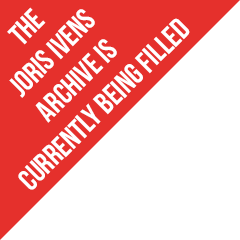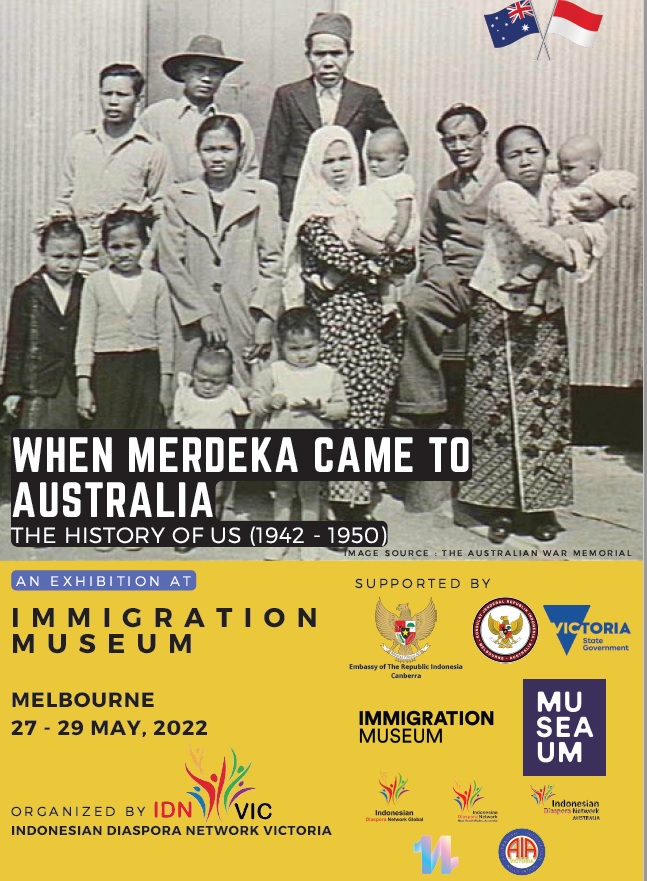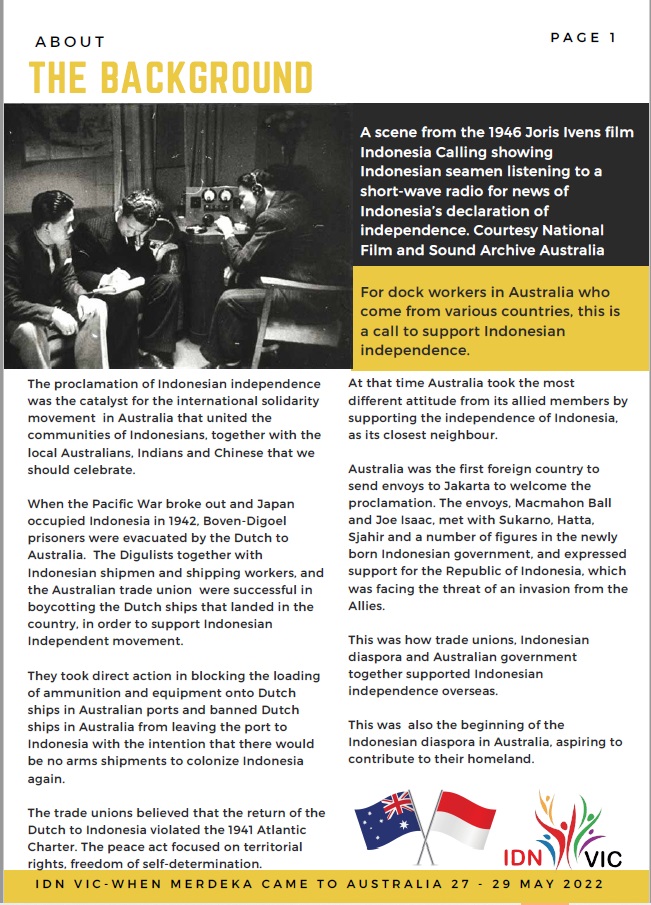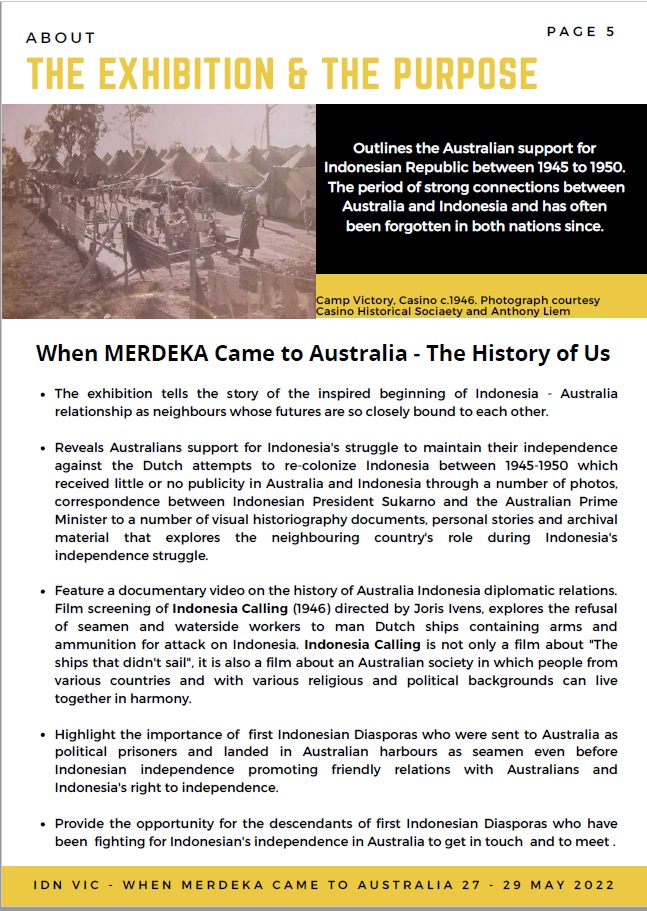

The Indonesian Diaspora Network Victoria is organizing an exhibition in the Immigration Museum in Melbourne about the international solidarity movement in Australia after the Proclamation of Indonesia's Independence, that united the communities of Indonesians, together with the local Australians, Indians and Chinese that we should celebrate. One of the activities during the weekend of 27-29th of May is the film screening of Indonesia Calling (1946) directed by Joris Ivens, which explores the refusal of seamen and waterside workers to man Dutch ships containing arms and ammunition for attack on Indonesia.
Indonesia Calling is not only a film about "The ships that didn't sail", it is also a film about an Australian society in which people from various countries and with various religious and political backgrounds can live together in harmony.
When the Pacific War broke out and Japan occupied Indonesia in 1942, Boven-Digoel prisoners were evacuated by the Dutch to Australia. The Digulists together with Indonesian shipmen and shipping workers, and the Australian trade union were successful in boycotting the Dutch ships that landed in the country, in order to support Indonesian Independent movement. They took direct action in blocking the loading of ammunition and equipment onto Dutch ships in Australian ports and banned Dutch ships in Australia from leaving the port to Indonesia with the intention that there would be no arms shipments to colonize Indonesia again.
The trade unions believed that the return of the Dutch to Indonesia violated the 1941 Atlantic Charter. The peace act focused on territorial rights, freedom of self-determination. A scene from the 1946 Joris Ivens film Indonesia Calling showing Indonesian seamen listening to a short-wave radio for news of Indonesia’s declaration of independence. Courtesy National Film and Sound Archive Australia.
The Immigration Museum is located on the bank of Birrarung (Yarra River), this former administrative centre of immigration and trade is a site of great historical significance and complexity.The Museum has rich collections, exhibitions, events, education program and digital content. Explore themes of migration, identity, citizenship and community through multiple perspective. Address: 400 Flinders Street Melbourne, Victoria 3000, Date: 27 - 29 May 2022.
The Indonesian Diaspora Network Victoria (IDN VIC) is an incorporated independent and a nonprofit organisation for all Indonesian Diasporas living in the state of Victoria, Australia. As a chapter of global network, IDN VIC provides voice and medium for communities concerned with Indonesian development, and to channel the aspirations of Indonesian diasporas as well as to embrace the multiculturalism of Australia.
With sincere thanks to Anthony Liem.


